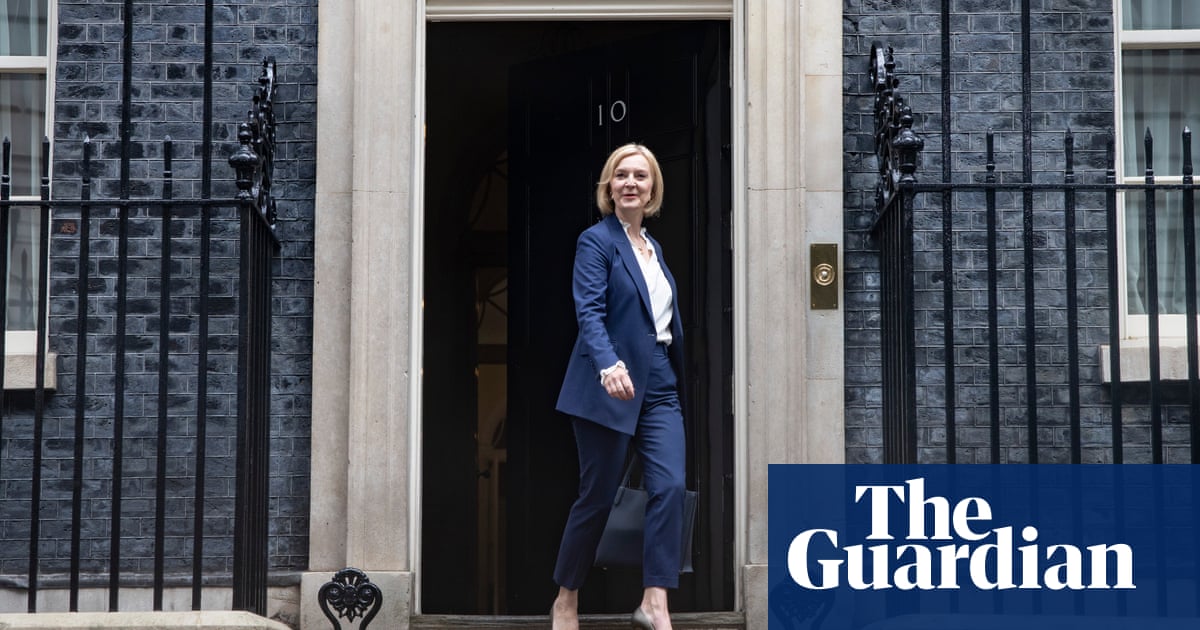
Liz Truss has underlined her apparent intention to rip up recent economic policies by removing Tom Scholar as the most senior civil servant in the Treasury, despite warnings that his experience could prove vital this winter.
Before becoming prime minister, Truss railed repeatedly against what she called “Treasury orthodoxy”, notably the predictions that her plan to make large and unfunded cut taxes could raise inflation and increase interest rates.
It is understood that Scholar, who worked closely with David Cameron and Gordon Brown before taking the top Treasury job in 2016, was told he would be going on Tuesday after Kwasi Kwarteng was appointed at Truss’s chancellor.
The news was confirmed on Thursday with a brief announcement from the Treasury. It said: “The chancellor has asked the cabinet secretary to begin the recruitment process for a new permanent secretary to the Treasury to succeed Tom Scholar.”
Beth Russell, the director general of tax and welfare, and Cat Little, the director general of public spending, will lead the department as acting permanent secretaries in the meantime.
Scholar said Kwarteng had decided it was time for “new leadership”. He wished the department “all the best for the times ahead”, adding he would be “cheering on from the sidelines”.
It appears likely that Kwarteng and Truss will be seeking a top official more amenable to their plan to try and increase economic growth by aggressively cutting taxes, with the intention that higher growth will then boost government coffers.
This has prompted scepticism among economists, with the perception that a similar view might be held among officials in the Treasury.
The departure of Scholar will leave Whitehall without a highly experienced voice who had worked with Cameron as his principal adviser on the European Union.
When he took over at the Treasury, he replaced Nicholas Macpherson, who had spent 11 years in the job, under three chancellors.
In a tweet, Macpherson called Scholar “the best civil servant of his generation”, adding: “Sacking him makes no sense. His experience would have been invaluable in the coming months as government policy places massive upward pressure on the cost of funding. As Gordon Brown used to say: “They’re not thinking.”
Kwarteng would have been Scholar’s sixth chancellor: he worked briefly with George Osborne, then Philip Hammond, Sajid Javid, Rishi Sunak, and then, very briefly, Nadhim Zahawi.
The son of Sir Michael Scholar, the former Whitehall permanent secretary, Scholar was among a group of Treasury officials whose careers were nurtured in their 30s by Brown while he was chancellor and then later prime minister.
He served as Brown’s principal private secretary before moving to Washington as the UK representative at the International Monetary Fund and the World Bank. He then worked as chief of staff for Brown, and returned to a senior post at the Treasury at the height of the banking crisis.
In 2013, Scholar led a taskforce of top UK civil servants dispatched to Cyprus to advise the stricken island how to handle its financial crisis.












